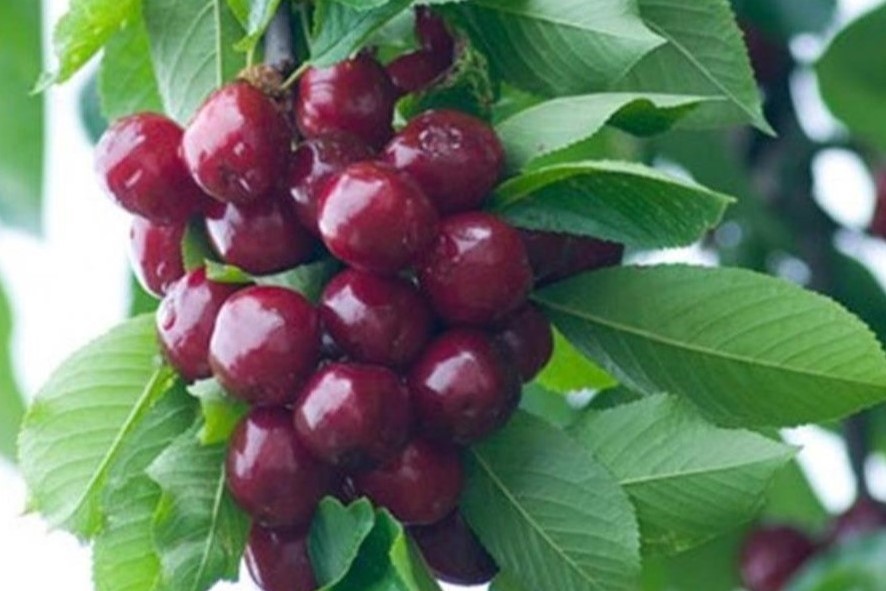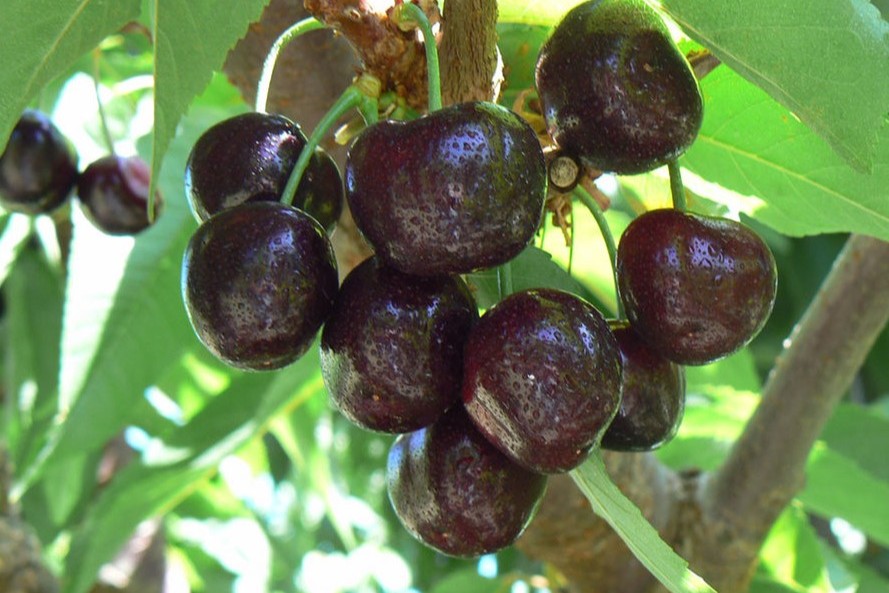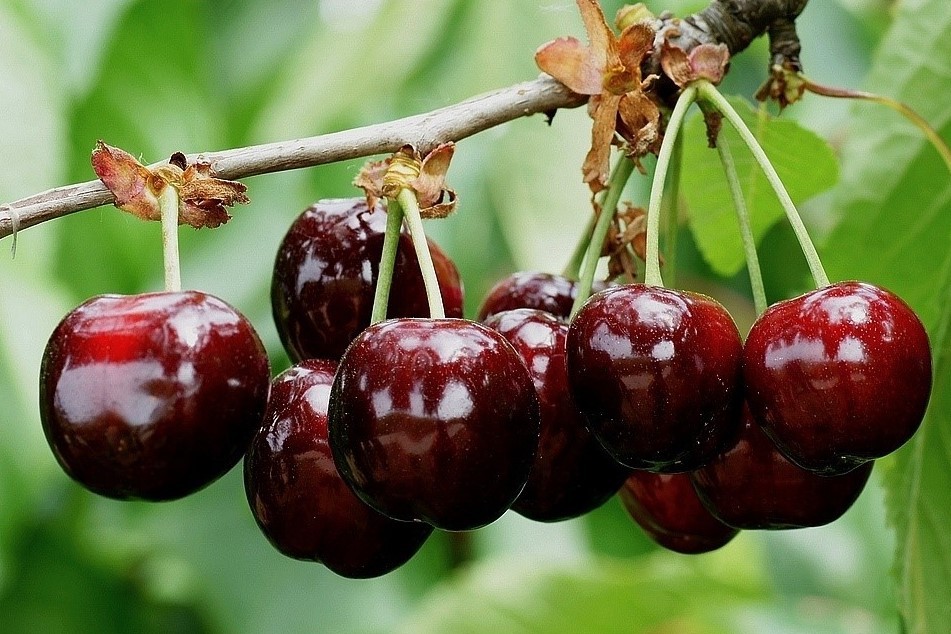Turkish exporter Alanar focuses marketing on own production
14 Mar 2025
The decision was motivated by the desire to have more control over product quality and to reduce financial risks. "We will no longer buy fruit as in the past," said Gökyigit.
Turkey is one of the world's largest cherry producers, and the economy surrounding this sector is highly significant for the country.
For this reason, in a recent study, Turkish researchers analyzed how the choice of cherry variety may vary according to farmers’ risk perception, focusing on the Taşova district in the Amasya province, Turkey.
The study pursued three main objectives: 1) to identify cherry varieties that maximize farmers’ gross profit according to their risk profiles, 2) to analyze the factors influencing optimal variety selection by comparing the current situation with the optimized one, and 3) to assess the economic feasibility of producing the selected varieties.
Using a multi-criteria decision-making methodology supported by goal programming, the researchers were able to integrate various variables such as consumer demand, product quality, land, labor resources, environmental protection, and price fluctuations over time.
Data, collected from 98 farms through direct surveys, were processed to estimate yield based on specific quality parameters of each variety.
The results indicate that "Karabodur", "Lambert", and "Early Burlet" are the optimal varieties for maximizing gross profit in the Taşova district.
Adopting these varieties would lead to an average income increase of 21 dollars (approximately 19.50 Euro) per hectare compared to the current situation, thereby demonstrating the economic convenience of this shift.
 Karabodur
Karabodur
 Lambert
Lambert
 Early Burlat
Early Burlat
The study also shows that by accepting a 1% increase in income deviation risk, farmers can obtain a 0.14% increase in gross profit.
Furthermore, with the adoption of modern production systems and agricultural technologies capable of mitigating risks, it is more advantageous to cultivate high-profit varieties rather than excessively diversifying crops.
Based on the findings, the researchers recommend the establishment of trial fields and the distribution of fruit samples to test quality, thus informing cherry growers about the advantages of new varieties and encouraging a well-informed transition toward a more profitable varietal selection.
Cherries are a strategic product for Turkish agricultural exports; therefore, optimizing varietal selection using objective techno-economic criteria represents a priority for ensuring competitiveness in international markets.
Traditionally, varieties were chosen based on past experience and current prices, but such practices have become inadequate in an increasingly competitive and volatile market environment.
Large-scale studies should aim to identify the best varieties at district, provincial, and regional levels to improve production planning and prepare the cherry sector for future challenges, enhancing its resilience.
In conclusion, to improve the future of cherry cultivation in the Taşova district, and in Turkey as a whole, it is essential to adopt production strategies based on careful varietal selection grounded in objective, technical, and economic criteria.
The adoption of "Karabodur", "Lambert", and "Early Burlet", combined with appropriate support policies for farmers, will ensure greater profitability, better adaptability to market conditions, and more effective management of production-related uncertainties.
Source: Canan, S., & Torun, U. C. (2025). Quality Parameters and Variety Selection: How Does the Optimal Cherry Variety Choice Vary According to Farmers’ Risk Perceptions? Applied Fruit Science, 67(1), 1-9. https://doi.org/10.1007/s10341-024-01236-z
Opening image source: Anadolu Ajansi
Andrea Giovannini
University of Bologna (ITA)
14 Mar 2025
The decision was motivated by the desire to have more control over product quality and to reduce financial risks. "We will no longer buy fruit as in the past," said Gökyigit.
19 Nov 2024
A recent Chinese study analyzed various cherry samples collected over two different growing seasons. From these samples, 43 isolates of Colletotrichum were obtained and characterized, representing the species associated with anthracnose in the main cultivation regions.
13 Feb 2026
A joint study by Turkish institutes and the Islamia University of Bahawalpur (Pakistan) compares three sweet cherry drying technologies: MWD, MWHAD and Solar Tunnel Drying. Drying time, color, sugars, organic acids and phenolic compounds were evaluated for quality.
13 Feb 2026
In modern cherry orchards, economic sustainability is now essential. From varietal selection to season management, including yield, storage and packhouse efficiency, genetics and operational performance drive profitability across the global cherry supply chain.